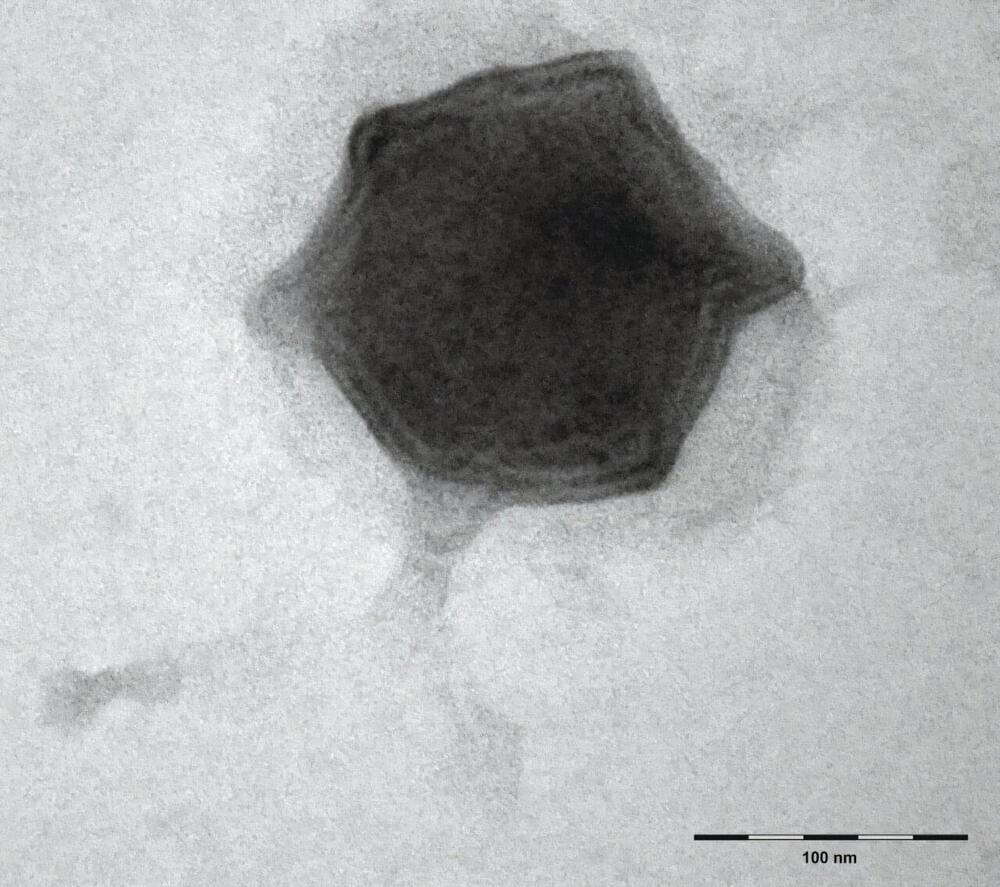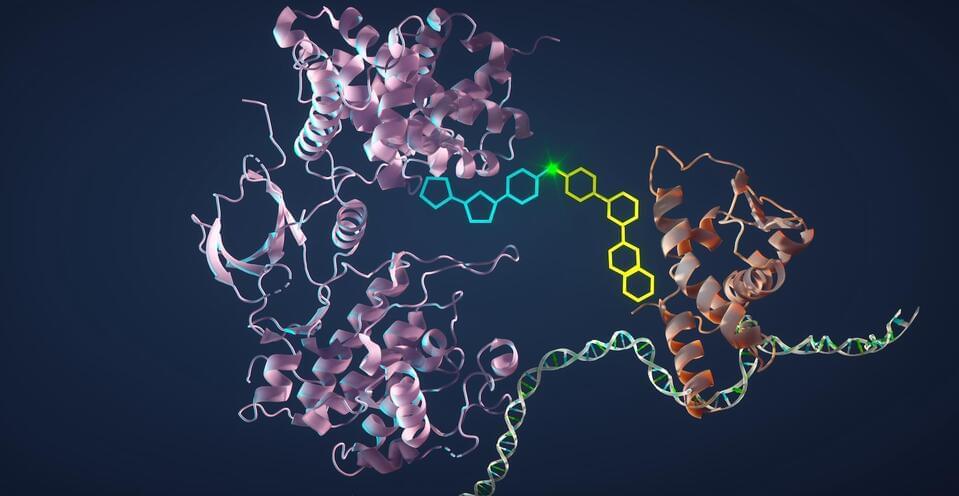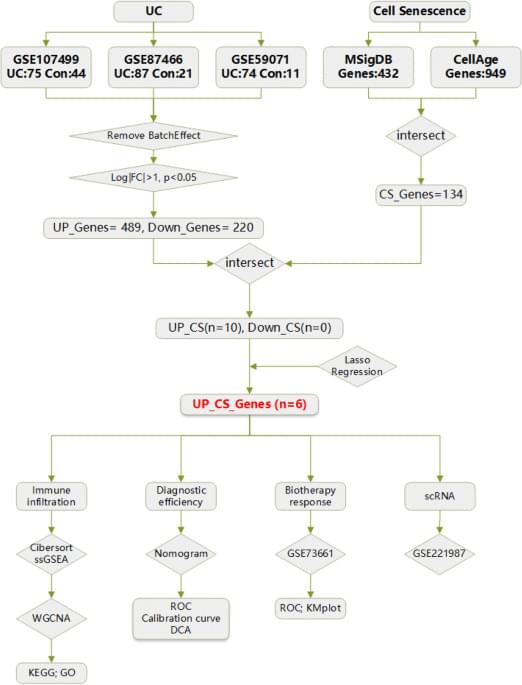Japan’s combination of artificial intelligence and robotics may be the answer to its rapidly shrinking labor force
Todd Schneider, Gee Hee Hong, and Anh Van Le
While automation will eliminate very few occupations entirely in the coming decades, it is likely to have an impact on portions of almost all jobs to some degree—depending on the type of work and the tasks involved. Set to move beyond routine and repetitive manufacturing activities, automation has the potential to appear in a much broader range of activities than seen until now, and to redefine human labor and work style in services and other sectors. In Japan, the rapid decline in the labor force and the limited influx of immigrants create a powerful incentive for automation, which makes the country a particularly useful laboratory for the study of the future landscape of work.






